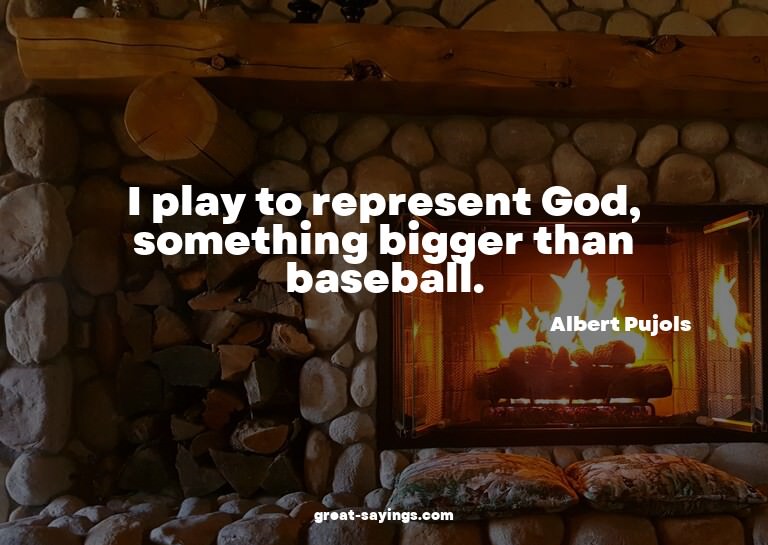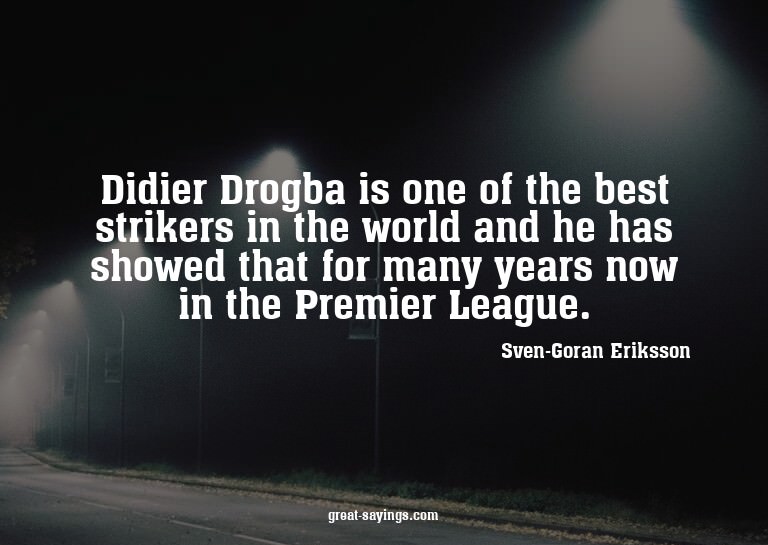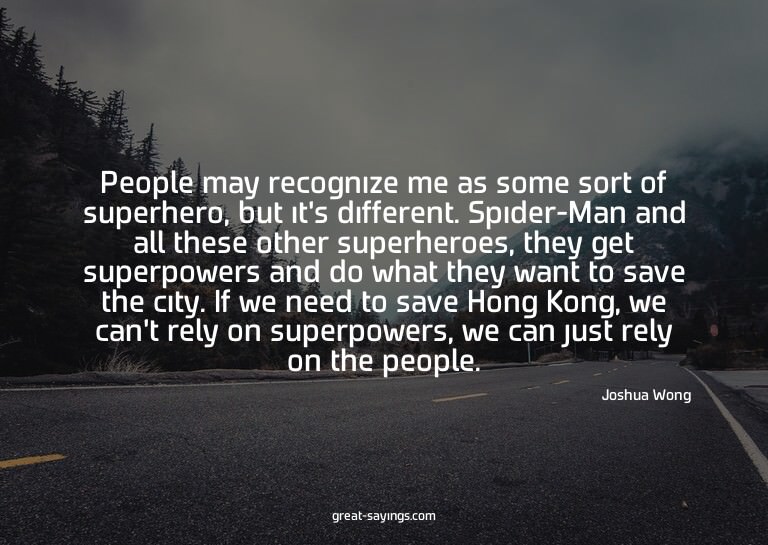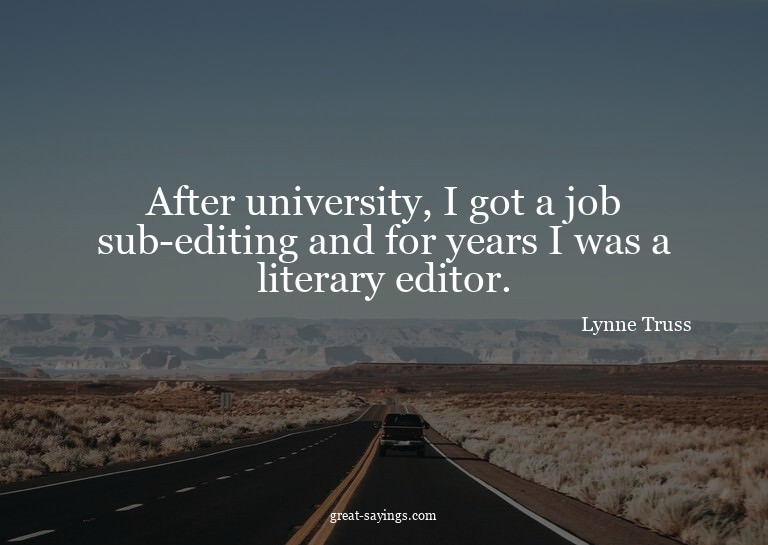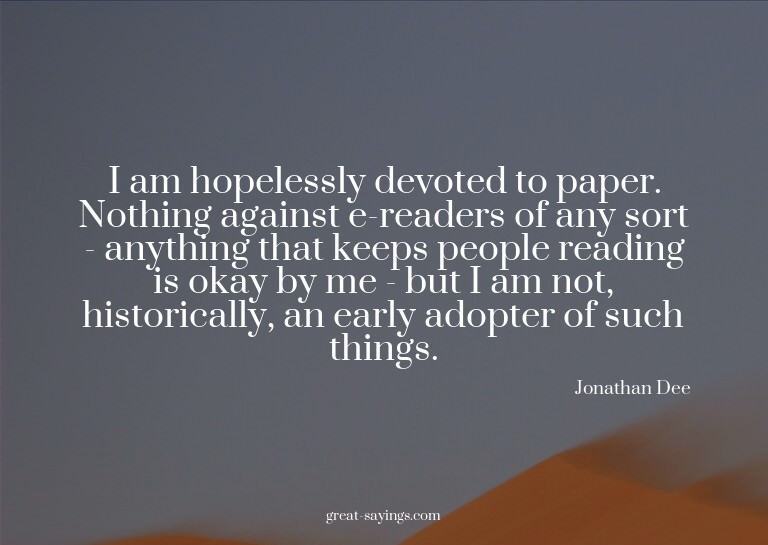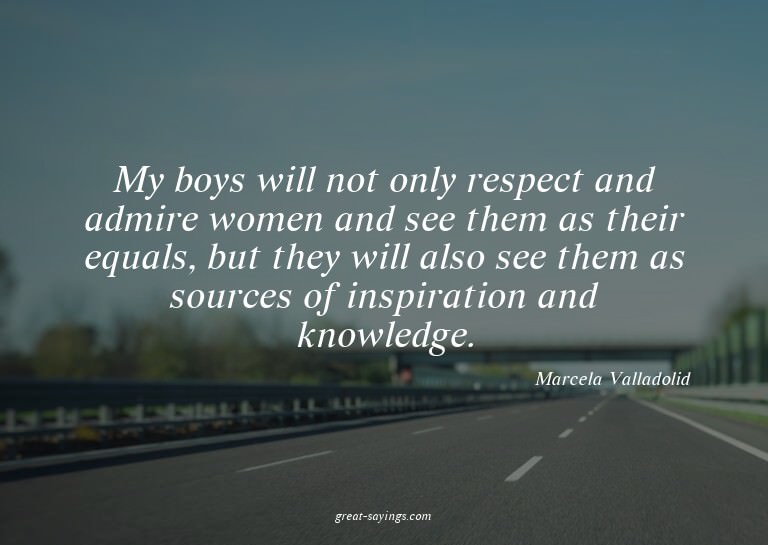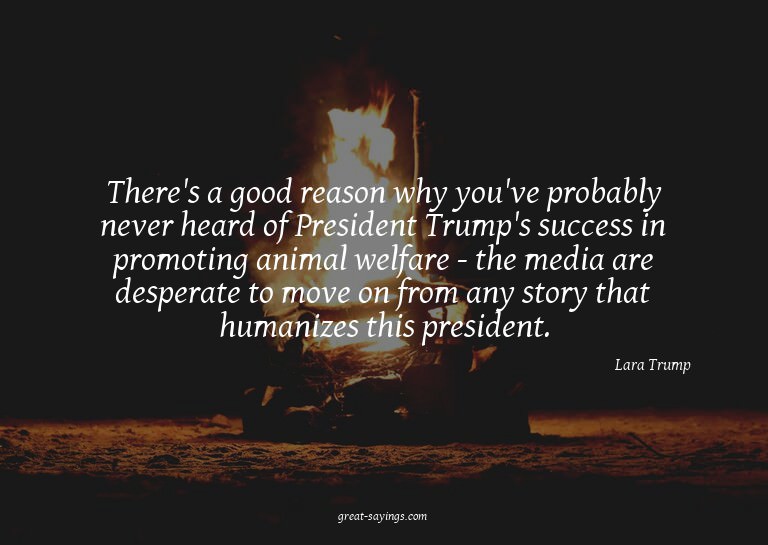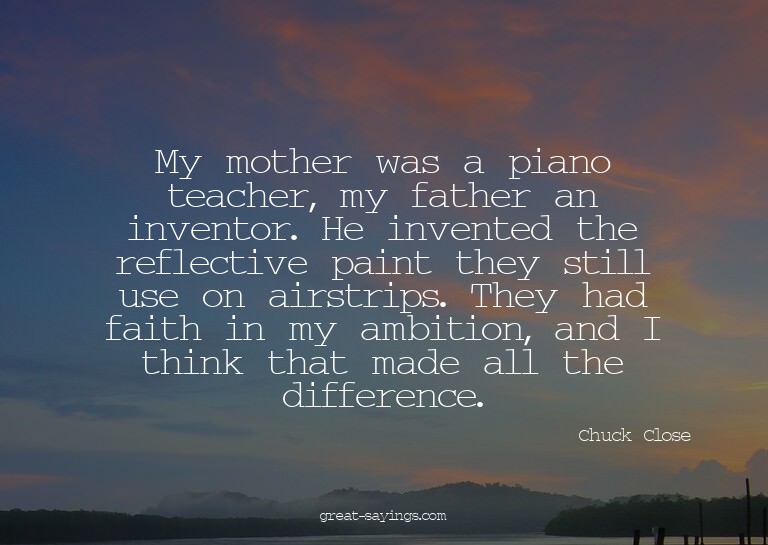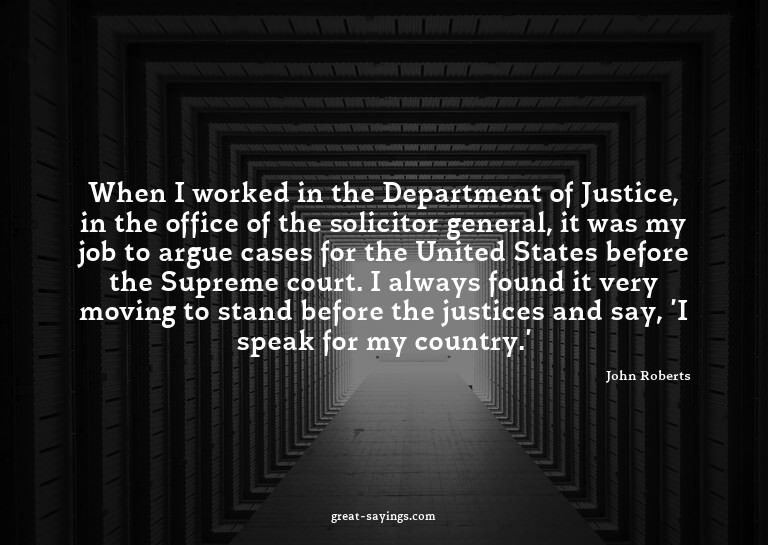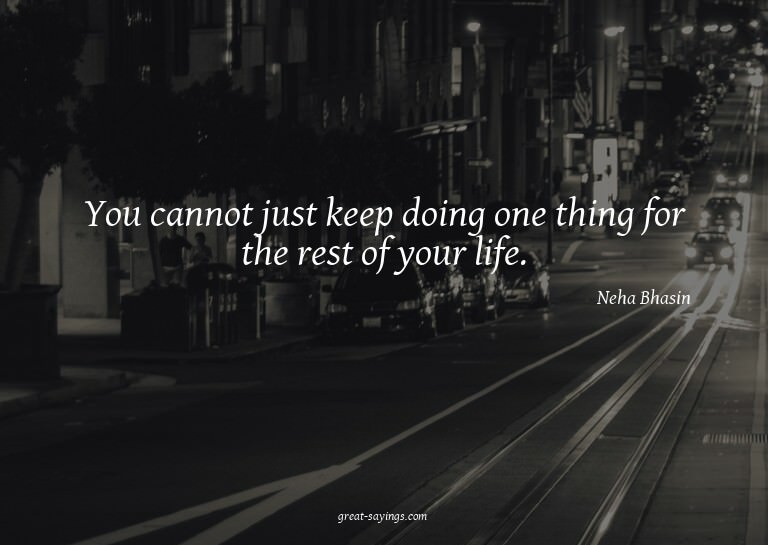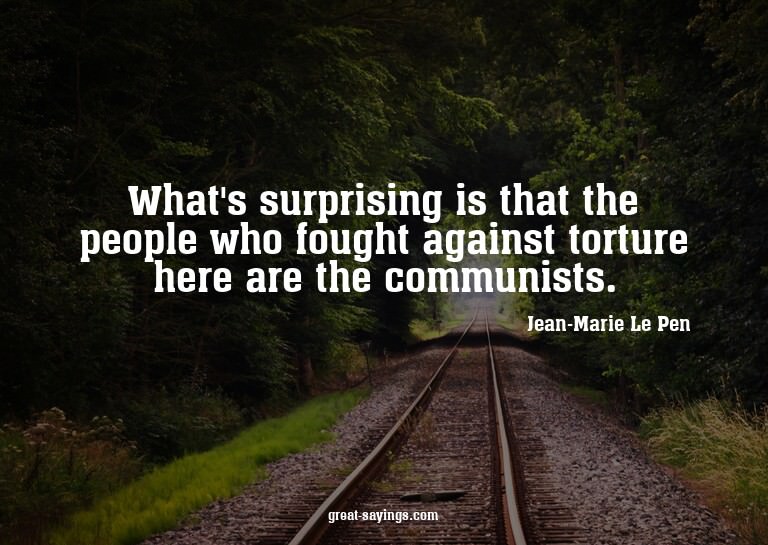Words matter. These are the best Misha Green Quotes, and they’re great for sharing with your friends.
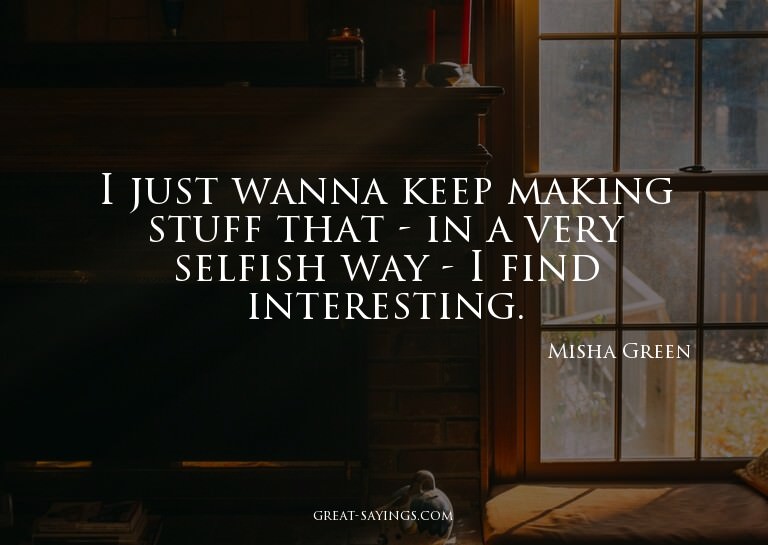
I just wanna keep making stuff that – in a very selfish way – I find interesting.
In an homage, you always want to subvert it and have fresh new takes. You don’t want the audience to say, ‘Oh they just did ‘The Amityville Horror’ there,’ you always want to add something new.
I’m not a very religious person.
I have read H.P. Lovecraft, and I understand why he has influenced so much of horror writing. But because of his history, I wasn’t a huge fan.
I mean, you can’t help but imagine it a little bit… like, ‘What would I do with a Black Canary show?’ It’d be exciting, I know that.
One of the things I love so much about horror is the way it uses surprise, and when I write, it’s about: What have we not seen before? What’s going to surprise us? If we’re not going beyond, taking that challenge, I get kind of bored.
It’s no secret – I’ve said this before – people have mistaken me for a P.A. on the set. On my own set.
If your art is speaking to the moment, that’s all you can hope for.
For me, a theme that’s always circling around in my head – which is why I love the horror genre – is what we’re ready to do for metaphorical and physical survival.
Oppression is not limited to people of color, but if you feel guilty that’s something you should confront.
What’s so interesting is taking kind of all these horror tropes and really finding black history and American history to layer on top of it.
When people walk into our casting room, we do think about what you do outside of being an actor.
On ‘Underground,’ we had used contemporary music to pull you into the present and not just look at it as a portrait on the wall and in the past.
‘Get Out’ definitely brought it to the mainstream, but you can look back at the original ‘Night of the Living Dead’ and that’s definitely a commentary on racism.
That’s what the best art does, it starts the conversation. What you may see in a scene or a line isn’t what I might see, but that conversation we have, that’s how we move forward.
As an artist, you hope you’re speaking to the times, and the times are definitely speaking to you. There’s no way to avoid that.
I do think that Lovecraft is very influential to the horror genre, but I also didn’t want to ignore the fact that he’s a major racist.
When you have 10 people in a room, you’re always able to come up with new ideas.
One of the reasons I love horror so much is – when it’s done well – you can keep peeling away the layers and see something new every time.
I got a dollhouse when I was six, and my sister would always say, ‘You realize you’re just talking to yourself. What are you doing?’ That kind of opened up this creative need to tell stories.
I like to hear conversations that are debates.
Everybody wants to watch the underdog win.
For a white writer not to be able to step into the shoes of people of color confuses me. That should be the default – many people of color have to step into the shoes of white people. Women have to step into the shoes of men.
I don’t want to say you should censor yourselves, but the storyteller should be able to defend why a narrative needed to shift that way or should only be told this way.
I think that’s when I get excited in the writers’ room – when people are yelling back and forth at each other.
From the start I was a kid who read ‘Goosebumps’, and that led me to Stephen King, and then I saw ‘Aliens,’ and ‘Night of the Living Dead,’ the original. And with ‘Night of the Living Dead’ I was like, ‘Oh my god, there’s a black person who’s the main character. Does anybody see that?’
In horror, there’s a level of anxiety that your life can be taken at any moment. That’s the Black experience.
I think that’s what we like to explore and see on TV these days especially in long form, is complicated people who have to make tough decisions.
Aisha Hinds wasn’t in my life one day, and now suddenly I see her every day. I’m like ‘You’re amazing. What are you doing right now? I have to see you, I’m coming over!’
The story of the Underground Railroad is the story of American heroes, and who doesn’t want to hear a story about American heroes?

